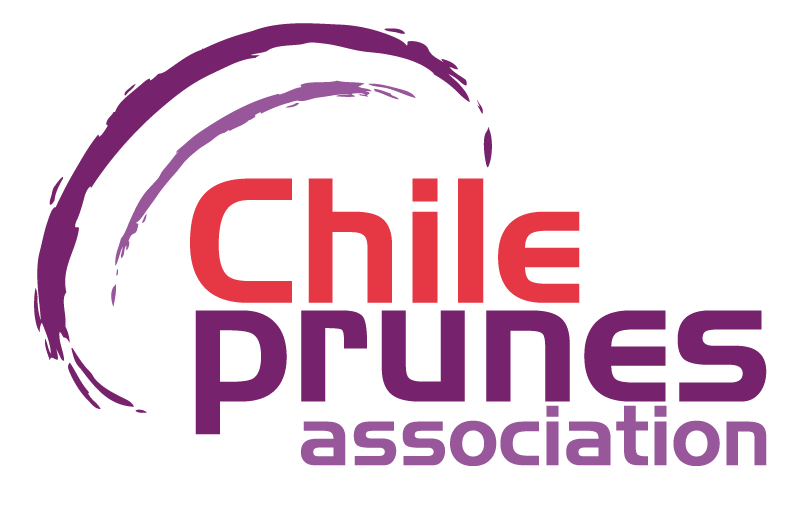Pablo Morandé, Managing Director of Superfruit
It was 1986 when Agrosuper decided to venture into the fruit industry and form Superfruit, a company devoted to the production, processing and export of high-quality fruit. 34 years later, Superfruit has over 2,470 acres of plum orchards – and more than 3,700 additional acres for other fruit – spread across 11 different farms in Rancagua, Melipilla and Lolol, all located between 90 and 200 kilometers south of the capital.
Unlike other companies, Superfruit grows its own fruit. “Through this practice, we are attempting to ensure the quality, control and traceability of our raw material (fruit)”, according to managing director Pablo Morandé.
Thanks to its 350 employees – plus the 500 additional people that can be added during harvest time – Superfruit produced 9,000 tons in 2020, a 10% drop compared to the previous season due to the harsh frosts that took place in September of last year.
100% of the company’s production is exported, with European countries as their main destination. Without a doubt, they are one of the largest exporters of dried fruit in the Southern Hemisphere.
When it comes specifically to prunes, Chile has the finest quality fruit, especially in terms of size. “We’re making progress, as seen in the marketplace: there are customers who used to only make their purchases from California and are now also buying from Chile. Our country is no longer a supplier of only small fruit, which, due to supply and demand, actually had better prices this year”, said Mr. Morandé.
There are also market-driven factors that draw attention to fresh fruit. D’Agen plums have experienced peaks and valleys, and in 2020, they yielded a smaller volume, but fetched a better price. “We’re going through a learning period. We need to be fully aware of the products needed in China”, adds the managing director regarding the country with the highest demand for fresh plums.
The Challenge for a Superfruit
For this executive, one of the clearest challenges for Chilean prunes – as the world’s number one exporter of this fruit – is related to promotion (Editor’s note: studies from Dutch researchers – in conjunction with the Cardiovascular Research Institute Maastricht (CARIM) – have recently been revealed that just discovered that prunes’ high vitamin K content helps patients recover from COVID-19, in addition to being one of the best foods for the treatment of osteoporosis, among other benefits).
“We have to improve our promotion. First, we have to form an alliance as a Chilean industry, as well as a partnership between industry and the authorities, and then discuss a linkage with other producing areas or countries, such as California and France. The conditions are set to jointly promote a highly healthy food, especially when trends are pointing to the consumption of these types of foods”.
For Pablo Morandé, it is not necessary to “fight” the competition when you have a product that is so good it allows you to “grow the pie” and improve prices. In addition, this joint work can be used to approach the highly interesting Indian market, which is increasing its purchasing power year after year.
Along with promotion, water and climate change are undoubtedly two other key issues for the development of this sector and the industry as a whole. Rainfall has been more regular this year, but over the past few weeks there has been a negative trend that has led to a very dry month of August. “We have highly efficient, 100% technical drip irrigation”, adds Mr. Morandé.
In the managing director’s opinion, another significant challenge the industry has overcome is how to operate in the middle of a pandemic. Since March, when the quarantine began, Superfruit has taken swift measures, such as increased isolation, splitting plants into sectors, ensuring social distancing among employees and with transportation workers, additional bathrooms and dining areas, among other actions, to protect and train our workforce, so they can then pass these best practices on to their family and friends to avoid any “social” contagions.
“Here at the company, we’ve done a lot of work to make sure we are well protected, and the effort has paid off, as we do not have any active cases within the company (at the time of this interview)” said Mr. Morandé in closing.


